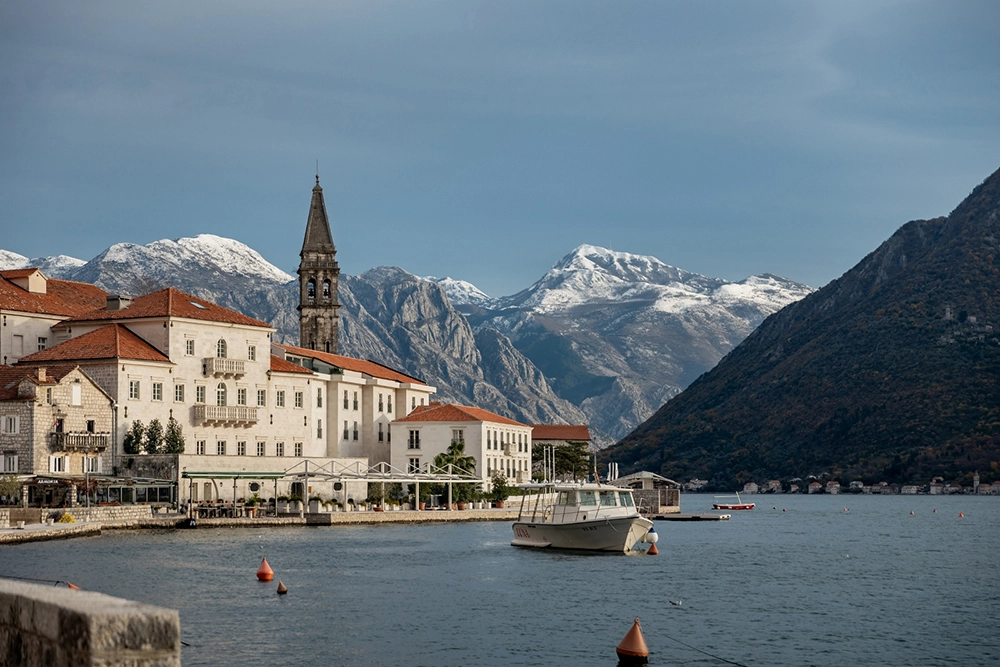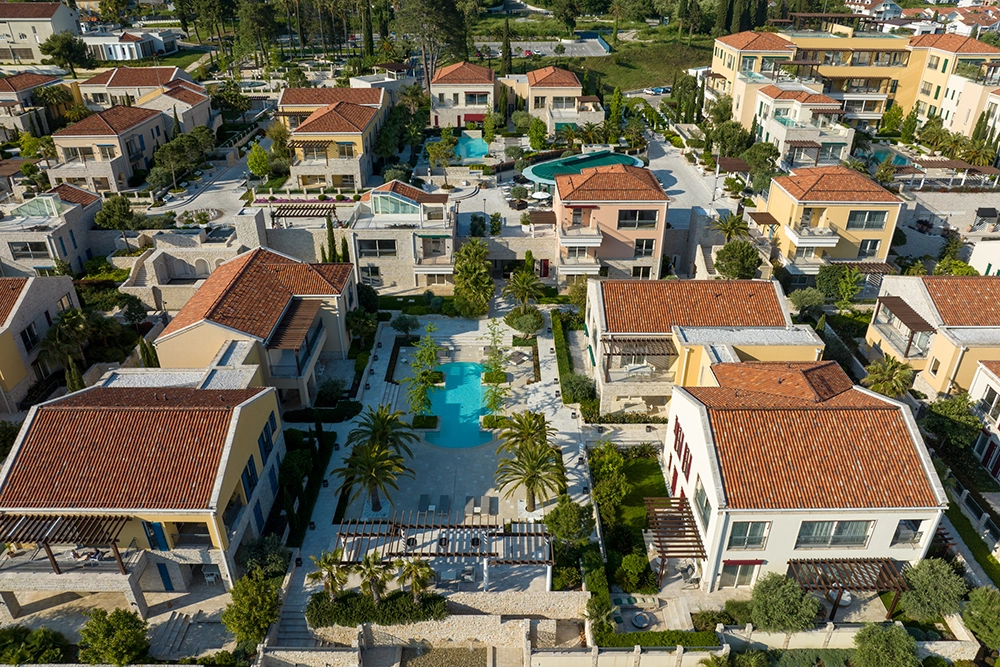Located on the beautiful Adriatic Coast, Montenegro boasts a rich history, breathtaking landscapes, and a pleasant climate. With its blend of natural beauty and modern amenities, Montenegro has become an enticing destination for digital nomads seeking a unique and inspiring place to work remotely. If you're a foreigner considering Montenegro as your next remote work base, here's everything you need to know.
Digital Nomad Visa for Montenegro
Montenegro offers a Digital Nomad Visa, granting a two-year stay for eligible remote workers who are not from the EU. This visa provides an excellent opportunity for digital nomads to experience Montenegro's vibrant culture while working remotely. However, certain criteria must be met to qualify.
Eligibility Criteria and Necessary Documents
To apply for Montenegro's Digital Nomad Visa, you'll need to meet the following requirements and provide specific documents:
1. Proof of Employment by a Registered Company
Documentation confirming your remote employment with a company outside Montenegro. Freelancers are not eligible. Your employment must be with a registered company.
2. Minimum Income Requirement
You will need to submit a bank statement that proves that in the previous 12 months, your income was not less than three times the national minimum salary (3x450=1350 EUR*).
* Subject to Law and Tax regulations
3. Proof of Accommodation
You'll need to show evidence of where you will be staying in Montenegro.
4. Health Insurance Proof
Ensure you have valid health insurance coverage and a document proving it.
5. Criminal Record Certificate
Provide a criminal record certificate from your home country.
6. Passport Copy
A copy of your passport must be valid for at least another six months and prove you’re over 18 years old.
7. Application Form
Complete the application form during the document submission process. You can authorize another person to take your permit on your behalf. At this stage, an immediate family member of the nomad can also be registered.
* Apostille Requirement
Certain documents may require additional authentication in the form of apostille.
Visa Requirements for EU citizens
EU citizens can enter Montenegro with just a valid passport or ID card and stay for up to 90 days within a six-month period without needing a visa. However, if you plan on staying longer than three months, you will need to apply for a temporary residence permit.
 *Photo: BBC
*Photo: BBC
Navigating Montenegrin Bureaucracy
Montenegrin bureaucracy requires some effort and understanding. To simplify the process, consider hiring a local company or service that specializes in registering foreigners for visas. Their expertise can save you time and ensure all your documentation is correctly submitted.
 Portonovi Resort is the perfect base for remote workers in Montenegro. With its picturesque setting by the sea, top-notch amenities, and high-speed internet throughout the resort, Portonovi offers an ideal environment for productivity and relaxation. Multiple spots within the resort are convenient for remote work, ensuring you can maintain a seamless workflow while enjoying the beauty of Montenegro.
Portonovi Resort is the perfect base for remote workers in Montenegro. With its picturesque setting by the sea, top-notch amenities, and high-speed internet throughout the resort, Portonovi offers an ideal environment for productivity and relaxation. Multiple spots within the resort are convenient for remote work, ensuring you can maintain a seamless workflow while enjoying the beauty of Montenegro.
Ready to make the move? Come and visit Portonovi for a preview of what’s waiting, and see our rental offer for the ultimate stay.
***Disclaimer: Please additionally check the Government of Montenegro's official website for up-to-date requirements.
Celebrate your honeymoon with style and serenity at Portonovi, think: luxury stays, romantic moments, and unforgettable Adriatic experiences designed for two.
Safe and scenic, Montenegro is one of Europe’s most rewarding destinations for solo explorers. Whether you’re drawn to the Adriatic coast or Montenegro’s dramatic mountain landscapes, this compact country offers a rare balance of adventure, culture, and tranquility.
Have you ever thought about swapping city life for coastal living in a small country? In Montenegro, mornings start with salty air drifting through your window and end with sunsets over mountains that touch the water. It’s the kind of place where natural beauty and a balanced, feel-good way of living go hand in hand.